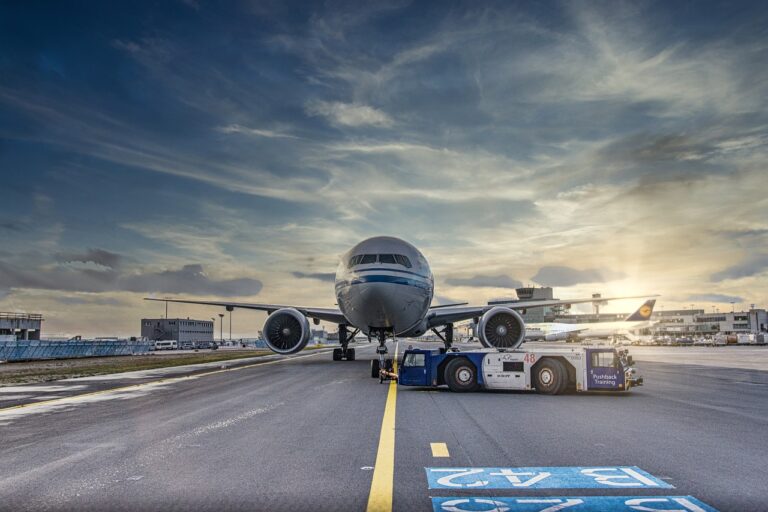Flying to some of the world’s most popular destinations is a favorite pastime for many. However, the rising cost of airfare has made travel increasingly expensive. Adding to this, fees for checked luggage often increase the overall ticket price, leading many passengers to opt for hand luggage only. Yet, questions frequently arise: what can you bring in your carry-on? Starting in September 2024, new restrictions will come into effect, particularly regarding liquids on board. Here’s what travelers need to know to avoid fines and ensure a smooth journey.
Table of Contents
New carry-on regulations from September 2024: changes regarding liquids
As of September 1, 2024, passengers traveling within the European Union with hand luggage will face updated regulations. It’s crucial to know the items allowed in carry-on bags.
Just a year ago, several European airports had lifted the 100ml limit for liquids in hand luggage, thanks to the introduction of advanced C3 scanners. These machines, capable of detecting liquid contents and identifying potential explosives, were initially hailed as a breakthrough. However, due to unforeseen security issues, the 100ml limit is being reinstated.
Travelers will once again be required to separate liquids from other items in their luggage. The rule require tablets, laptops, and other electronic devices to be removed for inspection.
The use of C3 scanners is prohibited, even in airports where they had been installed, such as Malpensa, Linate, and Rome Fiumicino.
A temporary setback
According to the European Commission, these scanners need further revisions to improve their performance, especially in detecting explosives. Commission spokesperson Adalbert Jahnz described the situation as a temporary setback, explaining:
“These are technical issues, and until resolved, we will revert to the standard practices used before the introduction of these machines.”
What can you bring on a plane?
There are general guidelines that apply to hand luggage for air travel. These rules are in place primarily for safety and aim to ensure a secure and peaceful flight for all passengers.
Starting in September 2024, the following items will be allowed in carry-on luggage:
- Liquids: The 100ml limit will be reinstated across European airports. This applies to hygiene products and beverages, except for those purchased after passing through security. Medications, baby food, and dietary supplements that exceed this limit are permitted if declared at security, though medical prescriptions or documents may be required.
- Food: Solid foods are allowed in hand luggage.
- Transparent Bags for Liquids: All liquid containers must be placed in a resealable transparent plastic bag, with a capacity no greater than one liter, and presented separately at security.
- Electronic Devices: Cameras, phones, and other electronics are allowed in hand luggage but must be removed during security checks for separate screening.
- Power Banks and Lithium Batteries: These must be stored in carry-on luggage, not checked baggage.
- Clothing: There are no strict limitations on clothing in hand luggage, but it’s best to avoid wearing accessories that might trigger alarms, such as large metal belts or buckles, at security.
- Valuables: Jewelry, cash, and important documents should be kept in hand luggage, but always be mindful to monitor them to prevent theft.
- Sports Equipment: Smaller sports gear is allowed in hand luggage; larger items must be checked.
- Musical Instruments: These are permitted as carry-on items, subject to airline-specific size limitations.
Prohibited items in hand luggage
- Liquids in containers larger than 100ml: These must be packed in checked luggage.
- Flammable Substances: While lighters may be permitted, other flammable items, explosives, and dangerous materials are not.
- Weapons and Hazardous Objects: Items such as knives, scissors with blades longer than 6cm, firearms, ammunition, and other sharp objects are banned.
To avoid complications, it is recommended to check with your airline for any additional or updated restrictions. Some carriers may implement specific rules or limitations.
Read also: The world’s most populous countries in 2024












